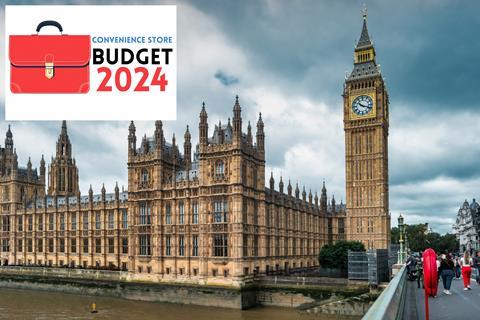
The first Autumn Statement of the new Labour government takes place Wednesday 30 October, and the entire convenience sector is waiting to see if major change is on the cards, or if it’s business as usual.
We look at what the industry’s trade bodies are calling for from the Budget.
Association of Convenience Stores
In its recommendations to the Treasury ahead of the upcoming Autumn Budget on October 30, the ACS has urged the Chancellor to create the conditions that enable retailers to invest in their businesses. It warned that retailers have faced significant challenges over the past few years, including rising inflation, soaring energy costs, a tight labour market and increased theft and violence against shopworkers, and that despite these difficulties, convenience retailers have demonstrated resilience, investing over a billion pounds in their businesses in the past year to maintain essential services for their communities.
To support sustained investment, ACS proposed:
- Increase the employer NICs threshold to £185 and uprate it each year
- Maintain small business rate relief and the 75% retail and hospitality relief
- Introduce an alternative rating methodology for online distribution warehouses
- Ring fence revenues from the upcoming vaping products levy to fund local enforcement
Chief executive James Lowman praised the sector and urged support. “Convenience retailers have weathered the storm of increasing costs, higher inflation and spikes in their energy bills. It is important that we continue to support these businesses to invest, as they are essential to local growth and significant contributors to the UK economy. Much of the investment being made in stores is in a wider range of services, which bolsters their role as part of the universal basic infrastructure that every successful community needs.”
British Independent Retailers Association
BIRA’s main focus has been on business rates. The retail business rates discount, which currently offers a 75% relief to small independent retailers is due to expire in March 2025. Bira is urging the Chancellor to extend this relief in the upcoming Autumn Statement.
Andrew Goodacre, CEO of BIRA, said: “As we approach the Autumn Statement, we urge the Chancellor to recognise the vital role of independent retailers in our communities and economy. Extending the current business rates relief is not just desirable; it’s essential for the survival and growth of our high streets.
“Independent retailers have shown remarkable resilience, but they need continued support to thrive. The government must create an environment that encourages investment and growth in our sector, rather than burdening it with additional costs.”
Federation of Small Businesses
The Federation of Small Businesses (FSB) has warned that SMEs are “sick of stagnation” and that the Budget is the Chancellor’s “first and best chance” to secure sustainable, long-term economic growth.
FSB is calling on the Chancellor to:
- Provide certainty and a pro-business, pro-employment element to the plan to Make Work Pay, specifically increasing the Employment Allowance so it automatically rises in line with the National Living Wage (NLW) and re-introducing a Statutory Sick Pay small employer rebate
- Take decisive action to give small businesses confidence to invest by increasing protection for those who put their houses on the line to grow their business, by stopping the unscrupulous blanket use of personal guarantees on loans
- Fulfil Labour’s pledge made in the election campaign to help small businesses, including those on or around the high street, with business rates. This includes adopting FSB’s proposal to take more small firms out of the tax by increasing the threshold of Small Business Rates Relief from £12,000 to £25,000 of rateable value
Tina McKenzie, policy chair of the Federation of Small Businesses, said: “A decisively pro-small business Budget is the first and best chance for the Chancellor to secure sustainable growth by the end of the Parliament.
“For small businesses, the barriers to investment are very personal. To help small businesses invest, employ and grow, we are asking the Chancellor to tackle the barriers that dissuade small businesses from growth.
“Whether that’s the huge personal risks entrepreneurs take – often putting their house on the line – to secure finance; committing tens of thousands of pounds to give someone a job; or signing the contract for new premises knowing that business rates bills will land immediately. It’s by making these decisions easier for small businesses that Rachel Reeves can help small firms generate the growth we need.”
The Fed
The Federation of Independent Retailers (the Fed) wrote to the Chancellor at the end of last week, highlighting its concerns about the upcoming budget. The main points of its letter were as follows:
- Independents should continue to receive protection from high rates bills by the Small Business Rates Relief (SBRR) and Retail, Hospitality and Leisure Relief (RHLR). Whilst we support the focus you put in your election manifesto to ‘reform business rates’ and shift the overall burden away from bricks and mortar businesses, it is vital that RHLL is held at its current rate of 75%
- Any increase in employer National Insurance Contributions (NICs) would act as a deterrent on new recruitment for small businesses and could represent a false economy in terms of government tax revenue. With recent increases in the National Living Wage, the Government should look to increase the £175 minimum threshold for employers NIC
- Our members have significant travel costs – for many of the elderly and infirm, a home delivered newspaper is a lifeline. Many retailers also provide a food delivery service direct to homes. Retaining the ongoing fuel price freeze, which has done so much to reduce the upward increase of petrol prices in recent years, will be vital for retaining the sustainability of our members’ businesses.
- Our members remain deeply concerned about retail crime and the economic and emotional impact this has on them and our customers – and this follows from latest ONS data released showing a 10% increase in crime experienced by home and individuals overall, including a 29% increase in shoplifting. We hope that the Government continues to support Neighbourhood and Response Police teams so that they can work with our members.






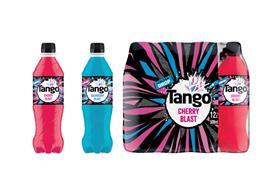

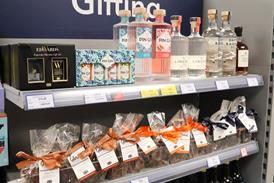

![WG-4003[58]](https://d2dyh47stel7w4.cloudfront.net/Pictures/274x183/4/5/1/353451_wg400358_6083.jpg)





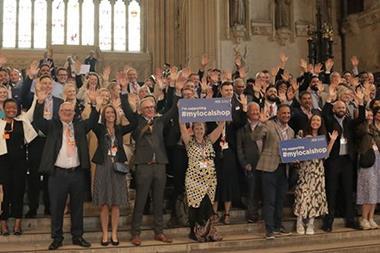
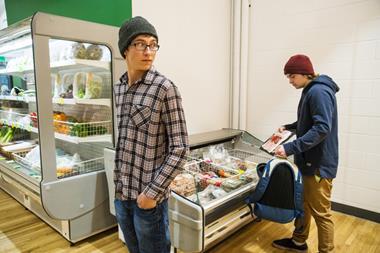
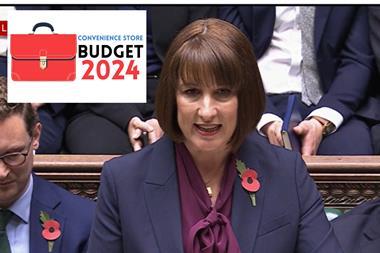

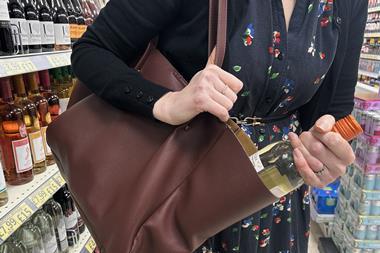
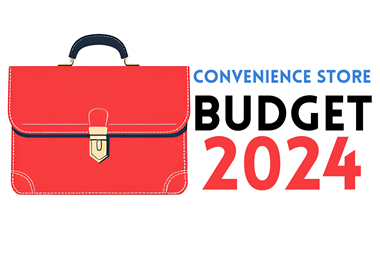

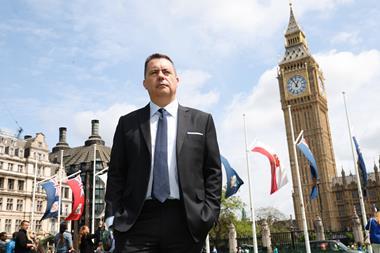
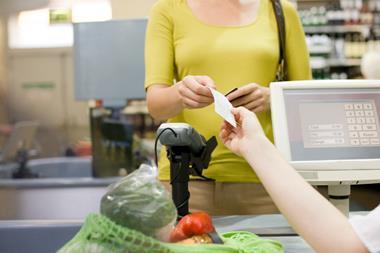

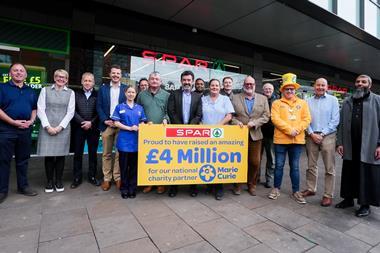
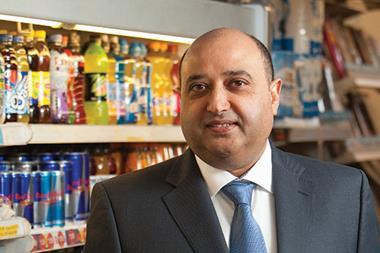
No comments yet